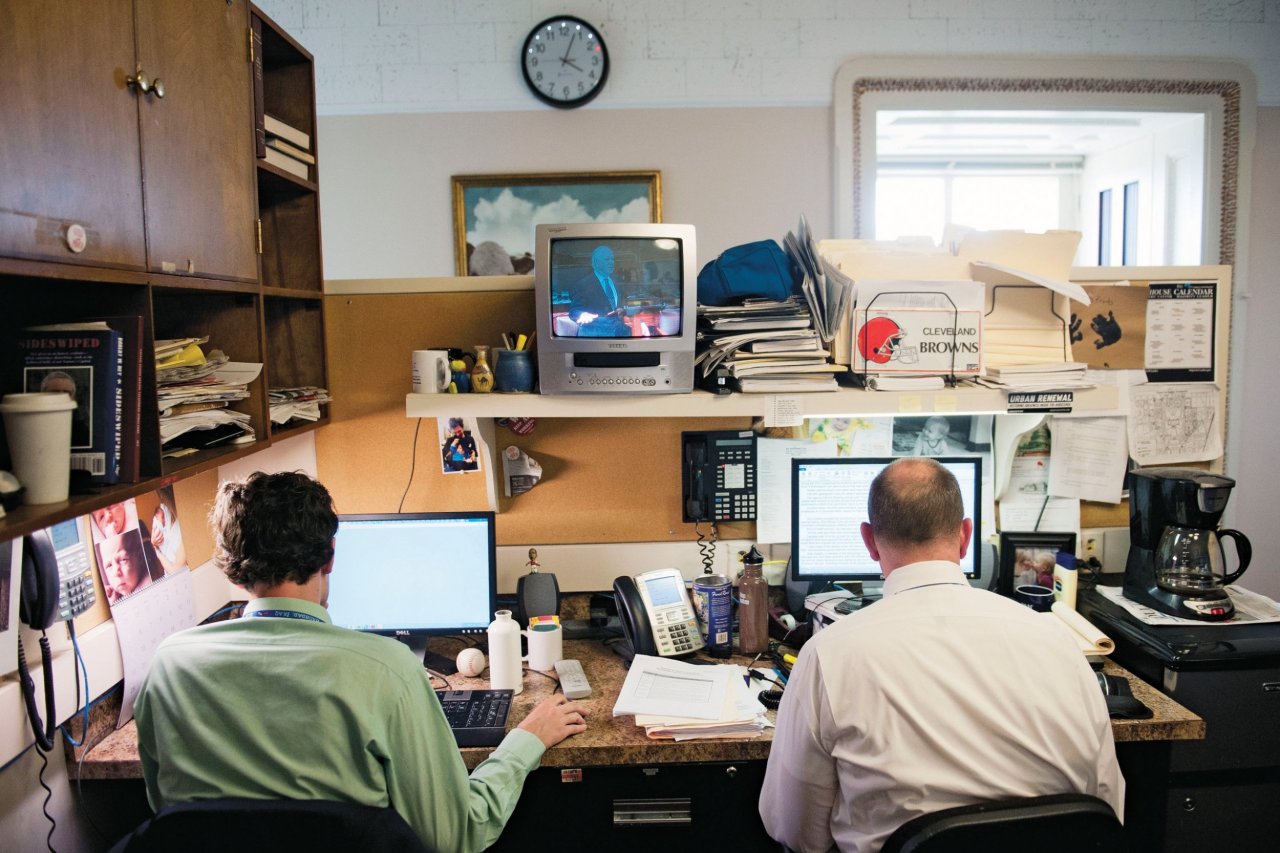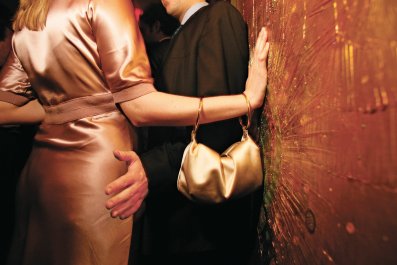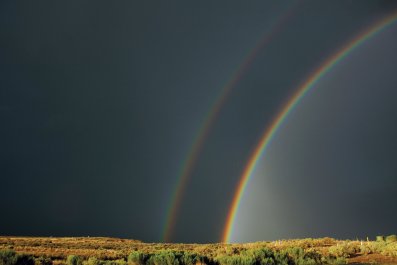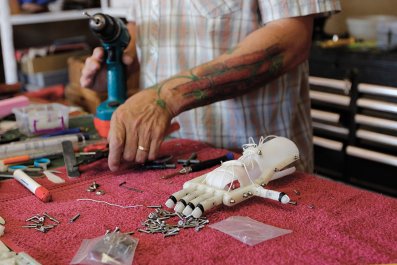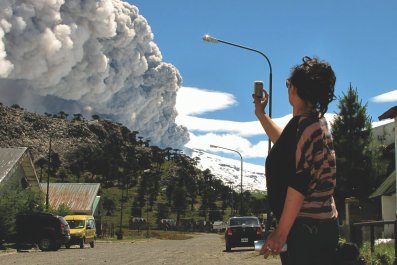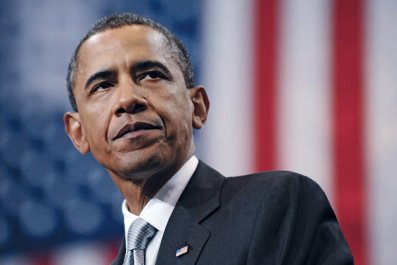The Associated Press sent shock waves through Washington when it announced that the Justice Department had obtained phone records for 20 of its reporters as part of an investigation into a leak. The story was disquieting in part because of the sheer scope of the intrusion: the Justice Department, according to the AP, had acquired phone records for its main switchboard, its Washington and Hartford bureaus, and even its line at the House press gallery.
Where does an operation like this fit within the Justice Department's history? Oliver "Buck" Revell, a retired FBI associate deputy director (the FBI investigates leaks for the Justice Department), tells me that the size of the government's request in this case was highly unusual. "If we did this under Reagan or Bush, there would have been spasms throughout Washington, and legitimately so," he says.
In fact, as a general rule, the FBI rarely goes after journalists when it investigates leaks. "In my memory, we never searched journalist phone records because it was not something the Justice Department would allow us do," says Steve Pomerantz, who oversaw leak investigations at the FBI between 1985 and 1988 when he headed the bureau's counterterrorism division. Revell says leak investigations almost always focused on the officials who had access to the classified information that was disclosed to the public—not the journalists to whom the information was leaked.
The FBI's inspector general did disclose in 2010 that the bureau had obtained records from journalists at The Washington Post and The New York Times in the course of two 2004 leak investigations. But the IG's report also said the FBI obtained those records without following proper internal procedures. This time the Justice Department appears to be standing by its tactics, at least so far.
"There is a pincer's movement against open reporting of government operations," says Steven Aftergood, director of the Project on Government Secrecy at the Federation of American Scientists. "It is increased secrecy coupled with an unprecedented punitive stance towards unauthorized disclosures."



